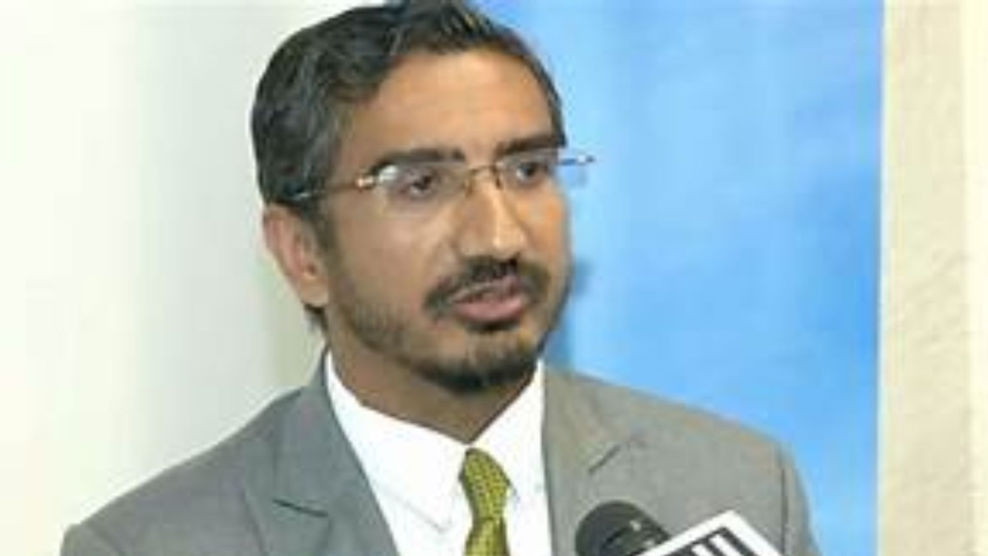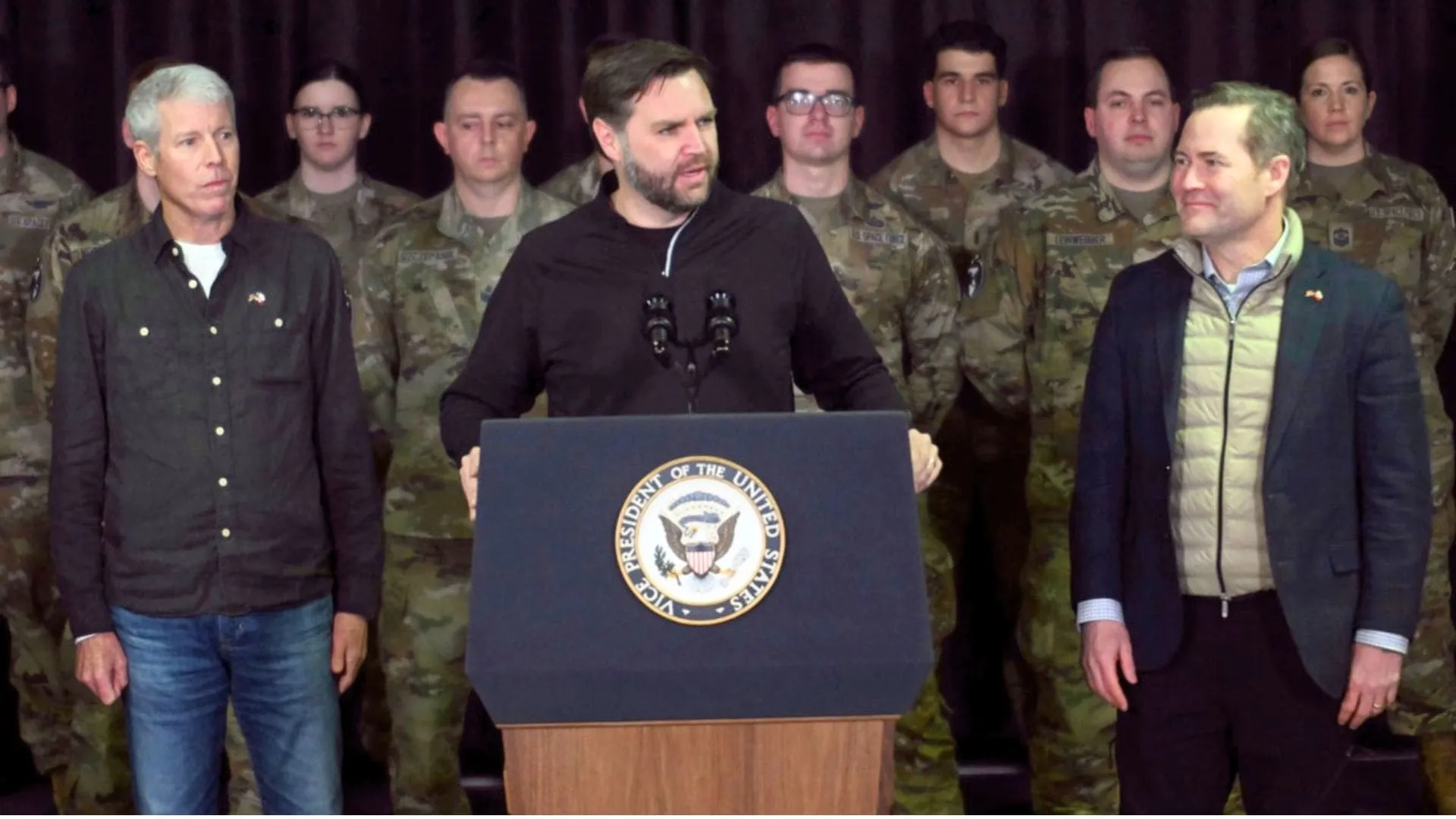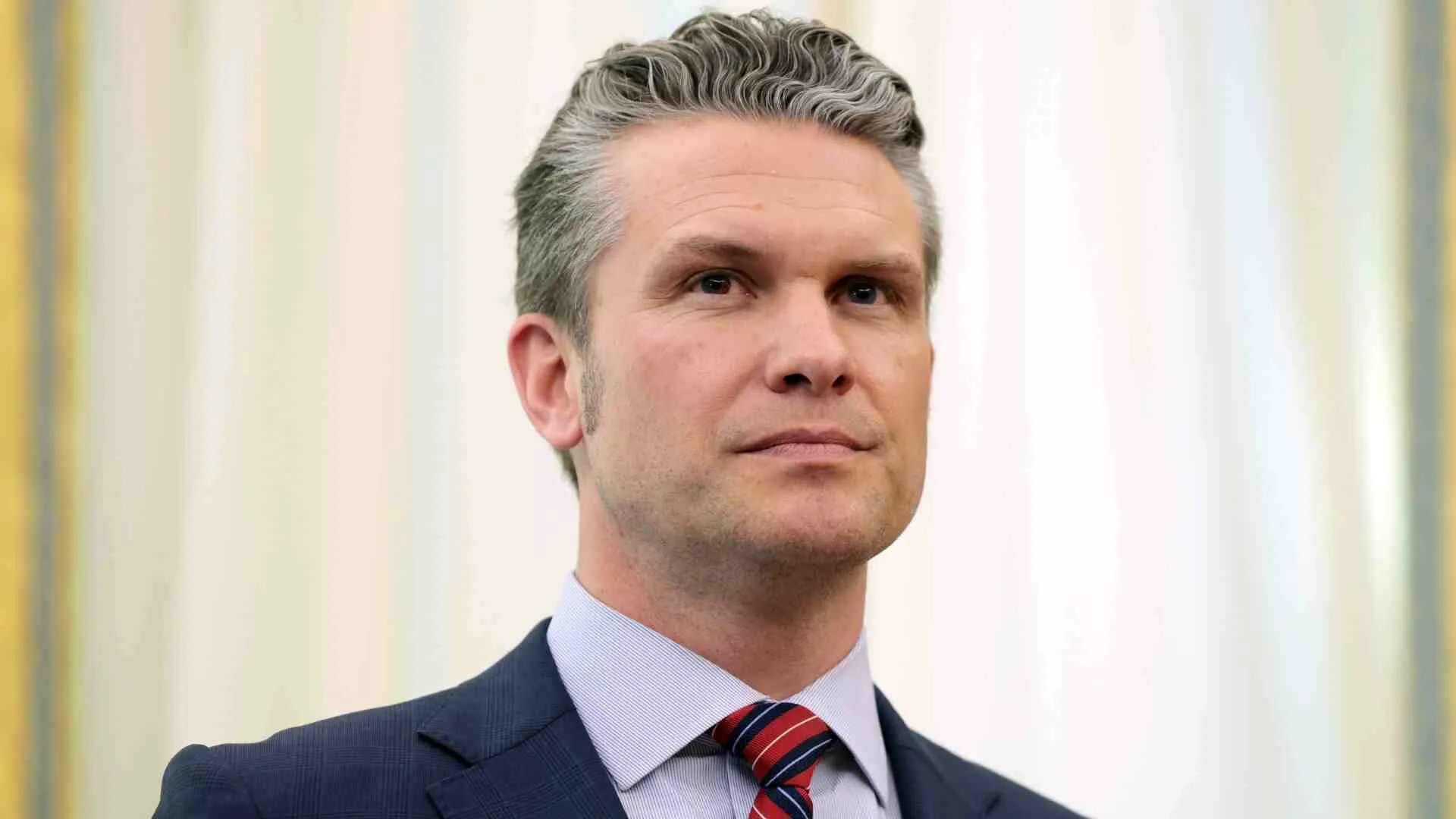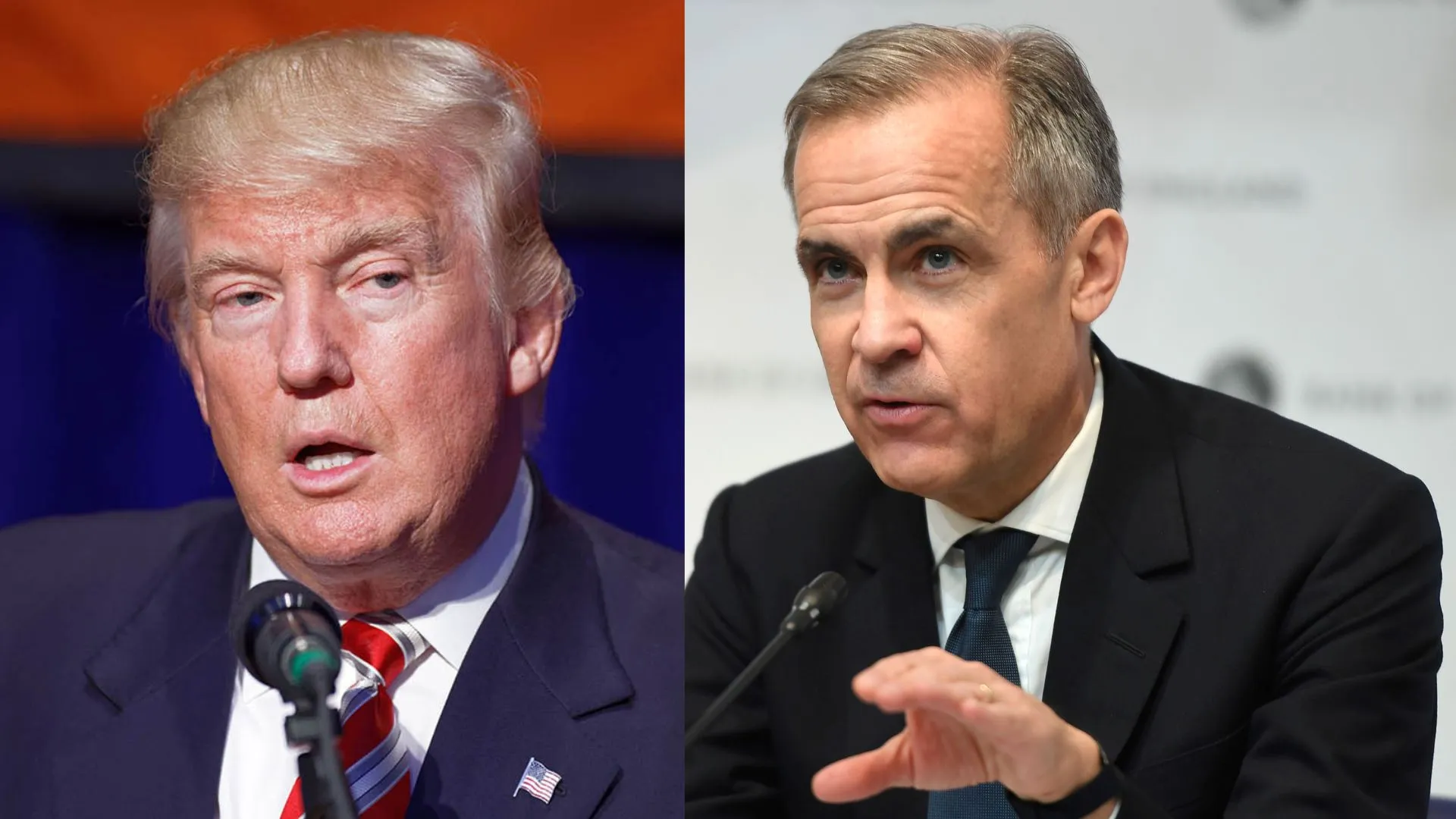Dhruva Jaishankar, Executive Director of the Observer Research Foundation America, shared his insights on the upcoming US elections. He pointed out that Washington DC is not the best place to observe national elections. This is because the city is a reliably Democratic area, which makes it a poor reflection of broader voting trends.
Jaishankar noted, “Washington DC is a terrible place to actually observe the elections because Washington DC itself is the most reliably democratic constituency in the US.” He explained that, based on reports from across the country, the main factor in this election will be voter turnout. Historically, higher turnout has tended to favor Democrats. However, this time, some groups—such as younger voters, men, and minorities—might not vote as reliably Democratic. Furthermore, the rise in early voting and mail-in ballots adds another layer of complexity to predictions. As Jaishankar stated, “The level of enthusiasm for both major presidential candidates” will be crucial.
Importance of Swing States
Moving on, Jaishankar emphasized that swing states are likely to be the deciding factor in the election. These states often have narrow margins, and their results can change the entire outcome. He mentioned that winning four of these states could be pivotal for either candidate. Reflecting on the 2020 and 2016 elections, he explained that “less than one lakh votes” in key states could have changed the result. Specifically, he pointed out that Wisconsin, Michigan, and Pennsylvania will be crucial. If Vice President Kamala Harris can secure these states, her chances of winning will increase. However, if Trump manages to win even one of them, it could give him a significant advantage.
A Divided Voter Base
Jaishankar also observed a growing divide among US voters. Traditionally, Democratic voters have been younger, more female, ethnically diverse, and college-educated. They tend to live in urban areas. On the other hand, Republican voters are often older, male, less educated, and primarily white. However, these patterns are now shifting. Some older voters are distancing themselves from Trump, while younger voters are increasingly drawn to him. Jaishankar remarked, “This has been a very polarizing election.” He further explained that the key question is how much these voter groups have changed in their preferences.
Foreign Policy’s Limited Role in the Election
When discussing foreign policy, Jaishankar noted its minimal role in this election, especially in terms of India. He pointed out that most US voters are more focused on domestic issues, unless foreign policy directly impacts their daily lives, such as through military interventions. As Jaishankar put it, “Most voters don’t care or know very much about foreign policy… unless it has a direct impact for them.” Both candidates have made vague promises about improving relations with India. However, other issues like trade, immigration, and security concerns have taken center stage in the campaign.
China’s Growing Influence and Its Impact on India
Jaishankar also touched on the rising competition between the US and China. While this may not have a direct impact on India, he believes the indirect effects could be significant. Trade, immigration, and security policies could all be influenced depending on the election’s outcome. He added that “there hasn’t been as much detail” about China in either candidate’s plans.
Also Read: Whoever wins, US-India Ties Will Thrive, Says Sant Singh Chatwal
India-US Relations and Indian-American Voters
Shifting focus, Jaishankar discussed the role of Indian-American voters. Although they may not have enough numbers to decisively affect the election, they have historically leaned Democratic. That said, some Indian-Americans are now considering Trump as a viable candidate. Jaishankar speculated that this shift could be due to issues like immigration or Trump’s positive stance on India. He said, “Two-thirds tend to vote Democrat in a given presidential election.”
Kamala Harris and Her Indian Roots
Jaishankar also reflected on Kamala Harris’ Indian heritage. While Harris often mentions her Indian background, particularly her mother and grandfather, she has been cautious in addressing policies related to India. For example, she did not visit India during her tenure as Vice President, which has sent mixed signals. Jaishankar noted that Harris has strong support among younger Indian-Americans and key donors. However, some of them are now leaning towards Trump.
US-India Relations Under a New Administration
Finally, Jaishankar discussed the challenges facing US-India relations. Despite a generally positive trajectory, issues like investigations into Bangladesh have complicated the relationship in recent months. Nevertheless, Jaishankar remained optimistic that a new administration could address these challenges and strengthen bilateral ties. He cautioned, however, that unresolved issues could create complications. As he put it, “These differences… can certainly complicate the relationship in some very unpredictable ways.”









